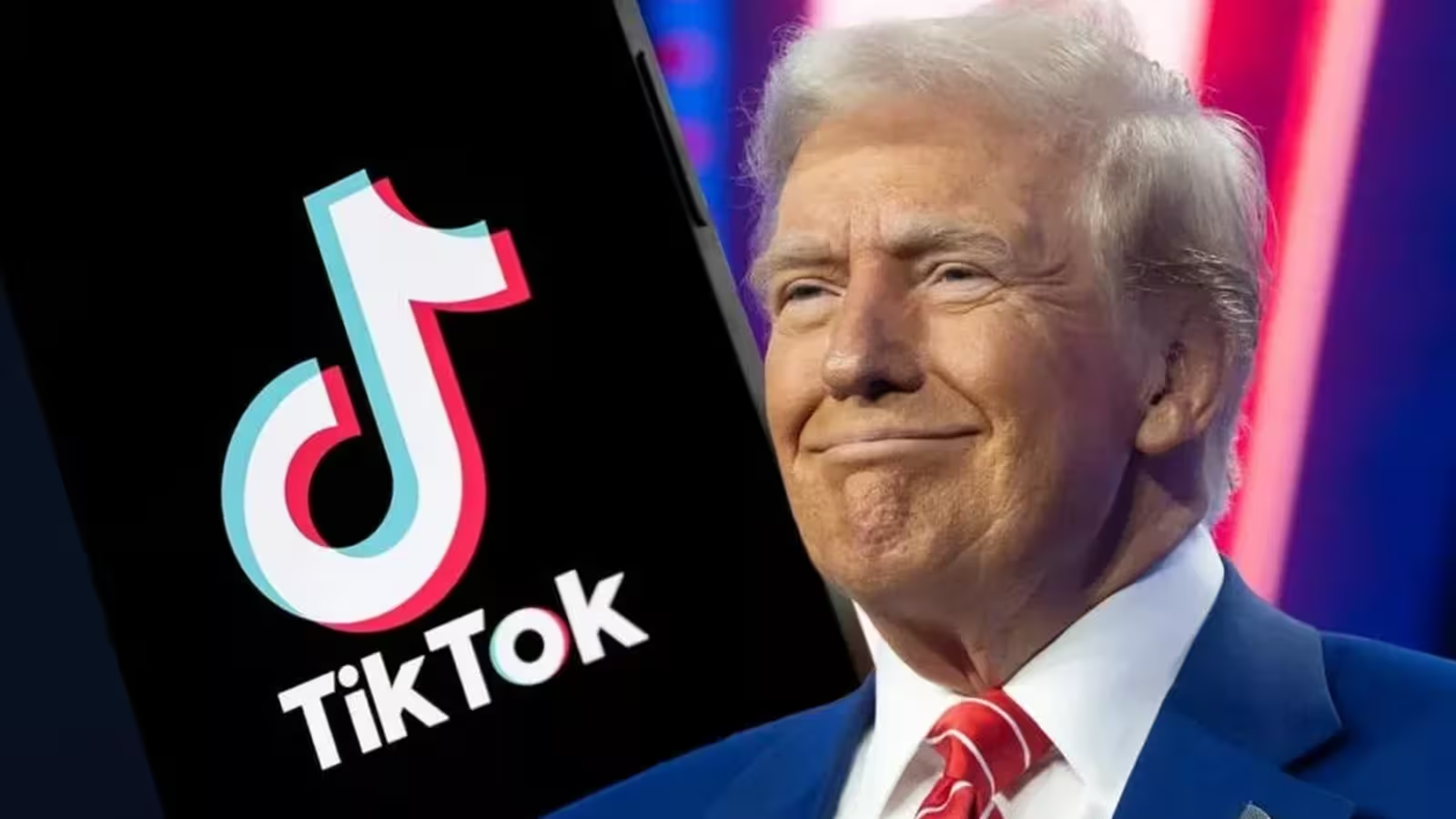3 Minutes
Uncertain Future for TikTok Amid Renewed US-China Tech Tensions
As geopolitical and technological tensions escalate between the United States and China, the future of TikTok in the American digital landscape remains uncertain. In a move that has captured global attention, the Trump administration is reportedly poised to postpone the enforcement of the TikTok ban for a third time. This continued deferral underscores the complex interplay of technology policy, international trade relations, and the influence of social media platforms on global society.
Background and Context: The Push and Pull of Global Tech Regulation
The story of TikTok’s regulatory challenges in the US began in 2020, amidst rising concerns over data privacy, national security, and the unprecedented influence of ByteDance, TikTok’s Chinese parent company. The Trump administration was at the forefront of these concerns, issuing executive orders intended to force ByteDance to divest its US operations to an American entity. Although the Biden administration temporarily paused efforts, April 2024 brought new legislation compelling ByteDance to transfer ownership within nine months, reigniting a contentious issue. Despite these legal and regulatory pushes, ongoing US-China trade tensions—and complex negotiations over a potential acquisition by US-based companies—have fostered uncertainty and repeated delays. Each extension postpones a decision that could reshape the global dynamics of the social media market.
TikTok’s Pervasive Impact: Technology Innovation and Cultural Clout
TikTok stands at the intersection of major technology innovations: algorithm-driven content curation, mobile-first media consumption, and the rise of Gen Z digital communities. Its 'For You' page, powered by advanced AI and machine learning, has set a new industry benchmark for personalized content delivery and user engagement. Real-world use cases extend from viral activism and influencer campaigns to business marketing and digital commerce—making TikTok a vital tool for creators and brands worldwide.
Industry Perspectives and Evolving Strategies
Experts note that the situation highlights a broader industry trend toward greater regulatory scrutiny of foreign-owned digital platforms. At the same time, TikTok’s enormous user base gives it significant leverage, as politicians increasingly recognize the platform’s power to influence young voters and drive political engagement. Notably, after initially adopting a hardline stance, Trump himself has acknowledged TikTok’s utility in reaching younger demographics, signaling possible strategic reversals ahead.
Benefits, Challenges, and Prospects Ahead
The benefits of TikTok’s continued presence in the US include cultural exchange, innovation in short-form video, and powerful new avenues for digital entrepreneurship. However, the challenges are equally profound: data security, content moderation, geopolitical risk, and the risk of digital fragmentation if bans or forced divestitures are enacted. As the deadline for ownership transition looms—subject to further delays—the global tech industry watches closely, knowing the outcome will set precedents for future cross-border technology regulation.
Išvada
TikTok’s journey through US regulatory hurdles epitomizes the clash between national security concerns and innovation in the digital age. The repeated postponement of the TikTok ban by Trump's administration highlights not just legal and political complexities, but the platform’s far-reaching social and technological significance. As the world awaits the next chapter, the decisions made will have lasting implications for global tech policy, the digital economy, and the very fabric of social media itself.
Source: wsj



Comments